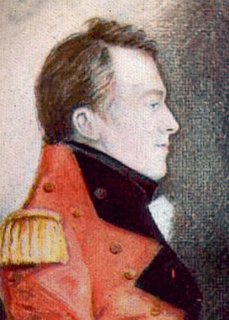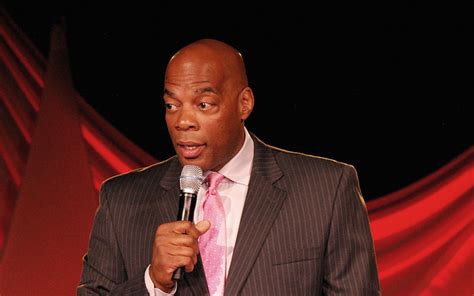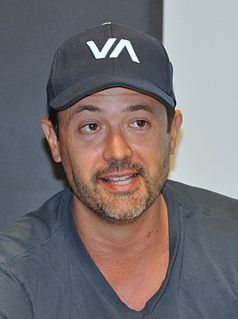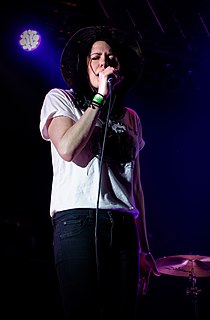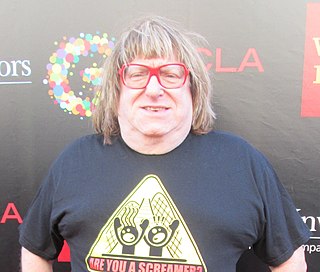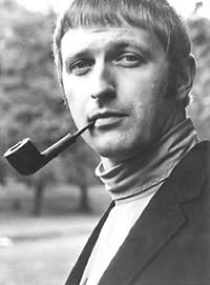A Quote by Isaac Brock
Portland hardly got to have an identity before that identity became a joke - I live in a joke. Seattle at least got to wear out its identity before it became a joke.
Related Quotes
With music, you're laying it all out there. They're judging you right away, and you can lose them quick. With the comedy, you've always got another joke to redeem yourself. Or, even if you've only got one joke, at least the punch line is at the end. Then they have to at least pay attention until the end.
The identity of just one thing, the "clash of civilization" view that you're a Muslim or a Hindu or a Buddhist or a Christian, I think that's such a limited way of seeing humanity, and schools have the opportunity to bring out the fact that we have hundreds of identities. We have our national identity. We have our cultural identity, linguistic identity, religious identity. Yes, cultural identity, professional identity, all kinds of ways.
When I was growing up, I wasn't in bands, and had really no intention of ever doing music. I went out to California for college, and kind of on a whim started making music really as a joke, and over the course of the next five years started playing a lot of shows, and music became this really integral part of my identity.
In a theatre it happened that a fire started off stage. The clown came out to tell the audience. They thought it was a joke and applauded. He told them again, and they became still more hilarious. This is the way, I suppose, that the world will be destroyed-amid the universal hilarity of wits and wags who think it is all a joke.
